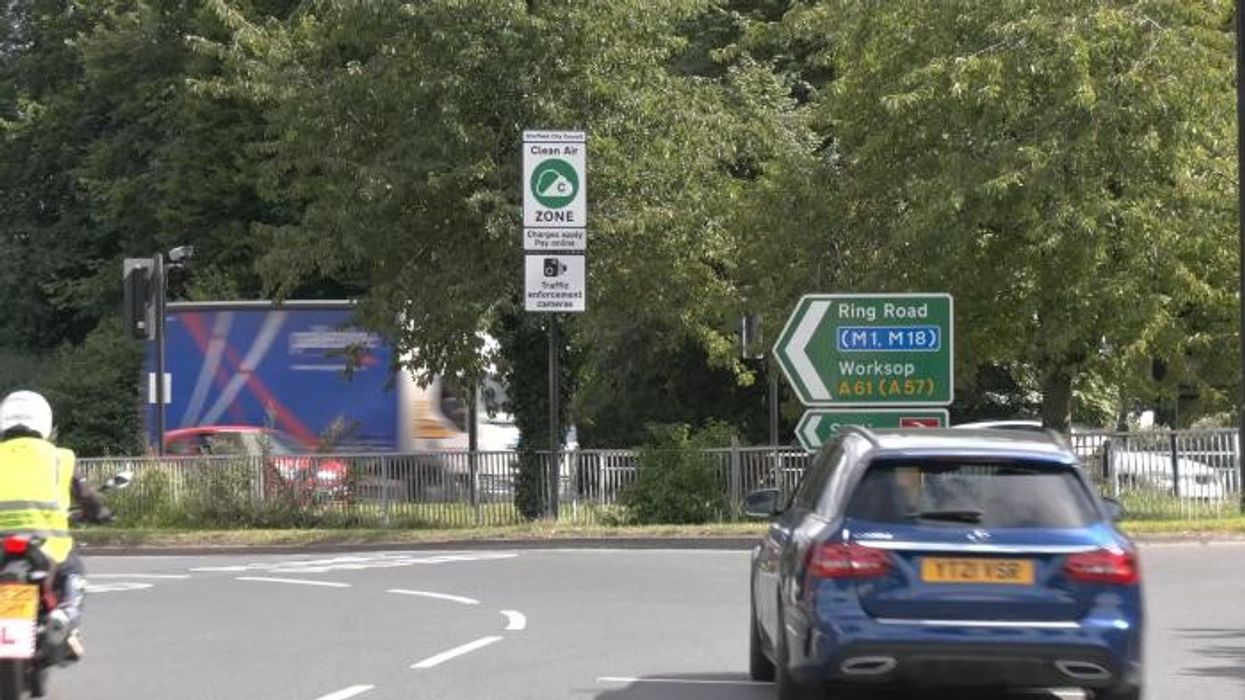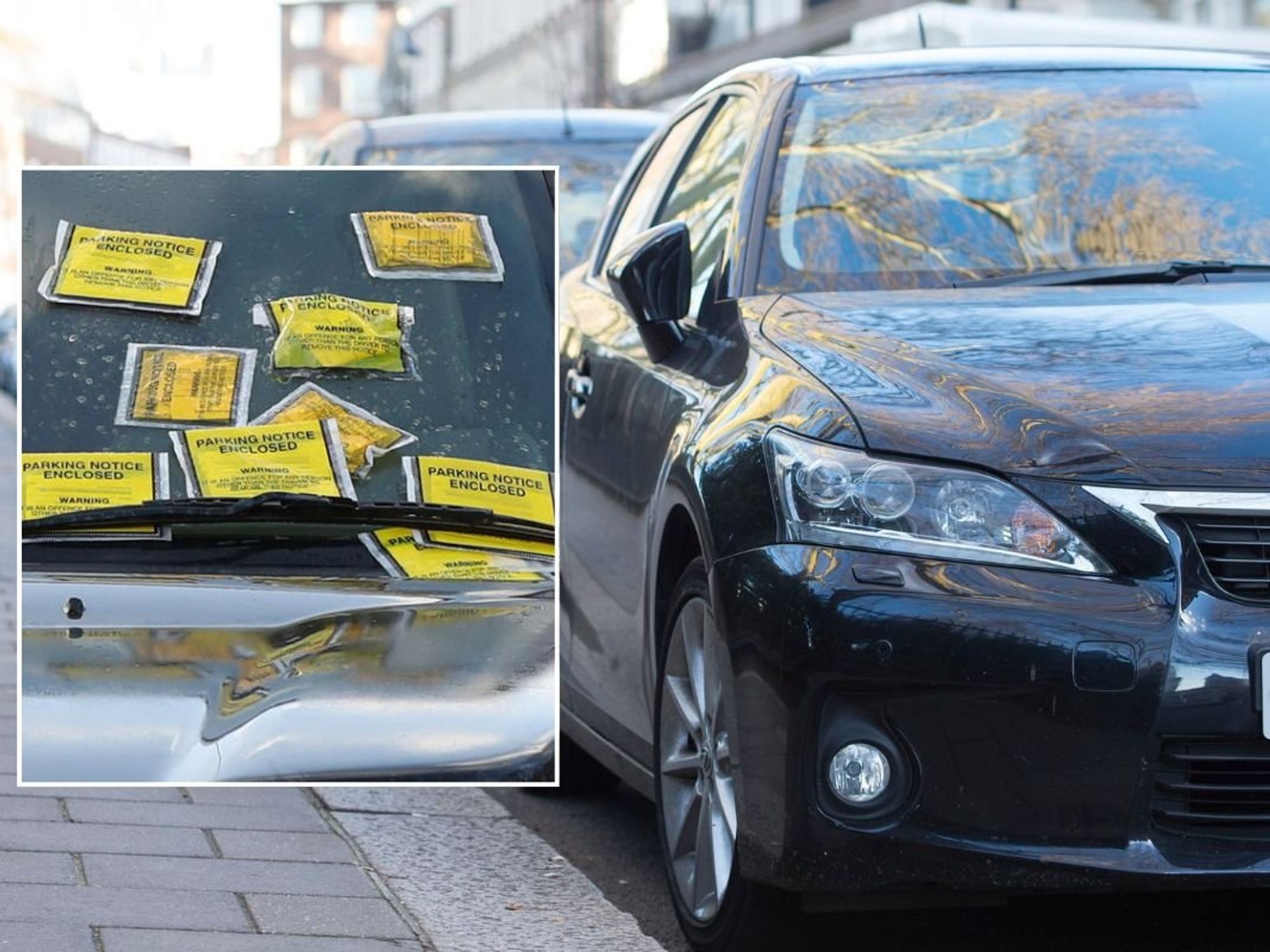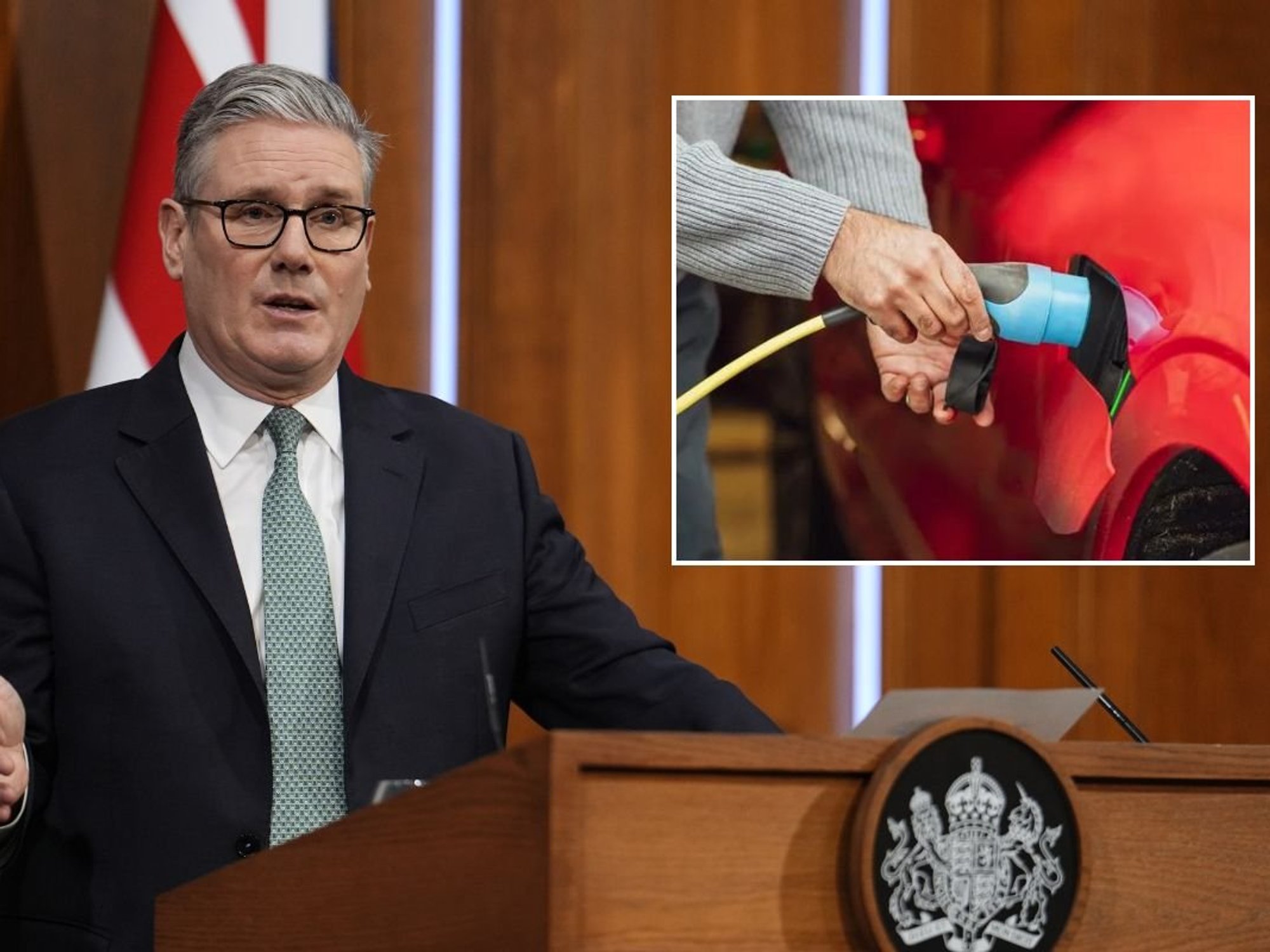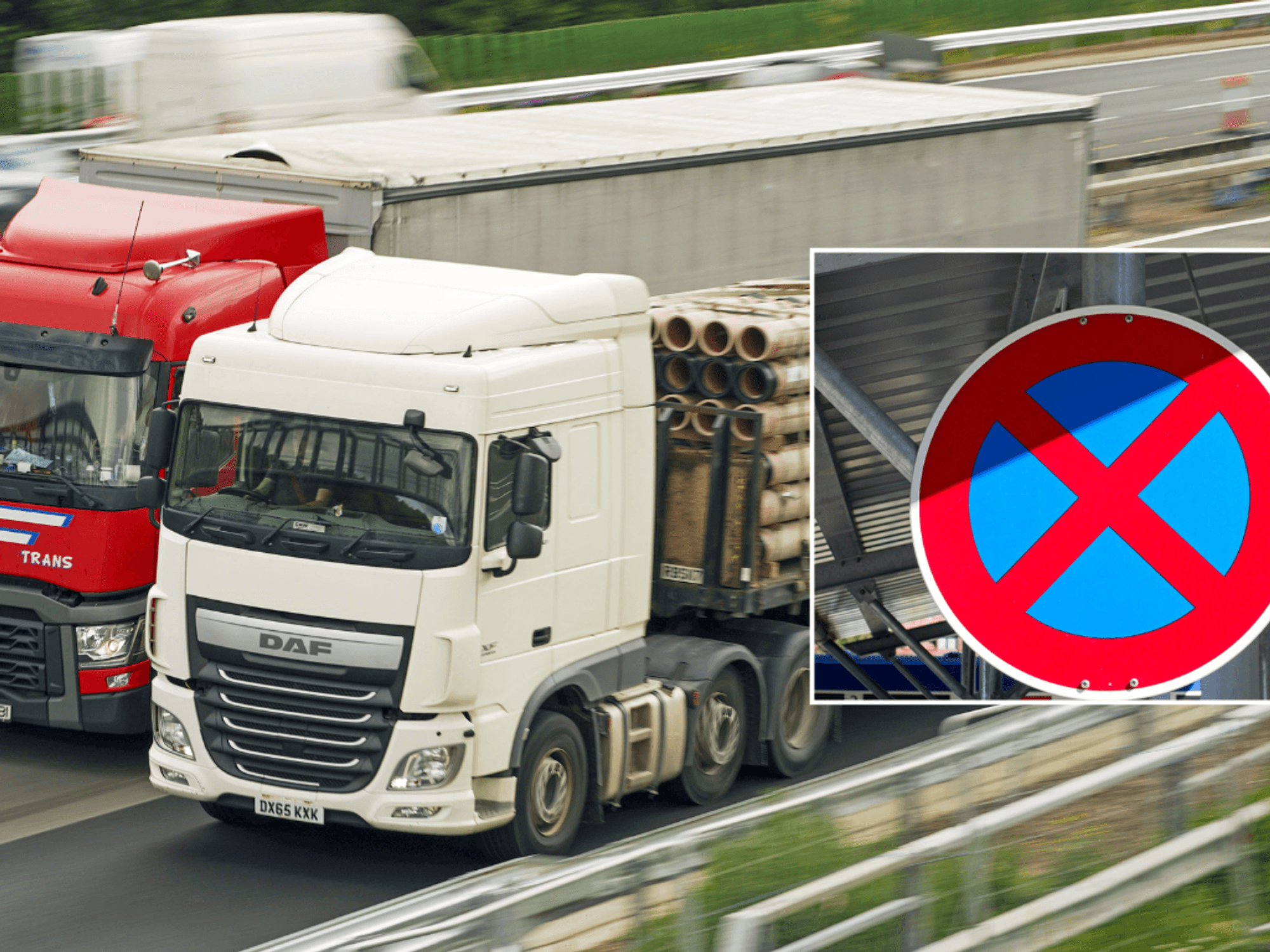Motorists face £80 penalties this September for engine offences as millions return to roads

Drivers can be fined for leaving their car engine running during school drop-offs
Don't Miss
Most Read
Drivers have been warned of fresh penalties this September for emission offences as millions of vehicles return to the road for the first time in weeks.
Schools around the country will reopen in the coming days and weeks following the summer holidays, with drivers being urged not to leave their engines running while dropping off children.
Drivers can face penalties of up to £80 for keeping their engines running while waiting outside schools as pupils return for the new academic year.
The offence of unnecessary engine idling carries a £20 fixed penalty notice across most of England, which doubles if unpaid within 28 days.
Do you have a story you'd like to share? Get in touch by emailing motoring@gbnews.uk
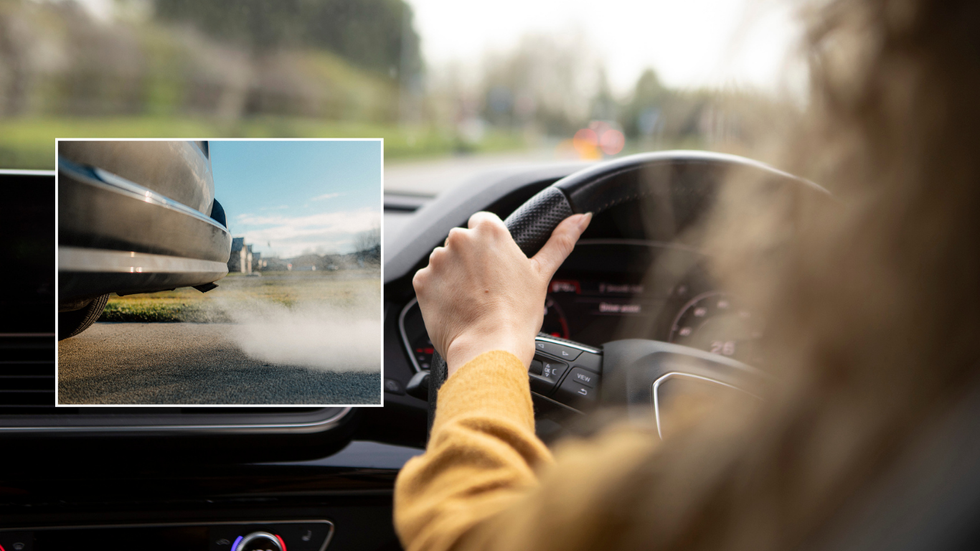
Drivers can be hit with penalties for leaving car engines running during school drop-offs
|GETTY
In certain London boroughs, the maximum fine can reach £80, with these penalties applying when drivers refuse to switch off their engines after being asked by an authorised officer.
The prohibition also falls under Section 42 of the Road Traffic Act, which forbids leaving a vehicle's engine running unnecessarily while stationary on public roads. Car idling also breaches Rule 123 of The Highway Code, which states that motorists must not leave engines running unnecessarily when vehicles are stationary.
It states: "You MUST NOT leave a parked vehicle unattended with the engine running or leave a vehicle engine running unnecessarily while that vehicle is stationary on a public road.
"Generally, if the vehicle is stationary and is likely to remain so for more than a couple of minutes, you should apply the parking brake and switch off the engine to reduce emissions and noise pollution."

More UK cities have been introducing penalties for car idling
| GETTYExperts have warned that vehicle emissions pose particular dangers to children's health, due to their breathing more rapidly than adults and consequently inhaling greater amounts of pollution.
The harmful gases released during idling include carbon dioxide, nitrogen dioxide, carbon monoxide and hydrocarbons, which are associated with asthma and various lung conditions.
The Royal College of Physicians has linked 40,000 annual deaths in the UK to air pollution, with engine idling contributing to these figures. Older diesel vehicles are considered especially problematic due to elevated levels of nitrogen oxides and particulates.
Ian Wilson, managing director at Tiger.co.uk, said: "Many drivers who leave their engines running for convenience while waiting to collect their children are unaware of the negative effects it can have on the little ones' health and also the environment."
LATEST DEVELOPMENTS:
The legal framework extends beyond public roads to potentially include private driveways, though enforcement remains unclear. According to Annex 4 of the Highway Code, the definition of "road" encompasses many private areas, including car parks and driveways.
Motoring experts have recommended switching off engines when expecting to remain stationary for approximately two minutes.
Mr Wilson emphasised: "The best solution would be for more parents to do the school run by walking or cycling, but if that's not possible, then making sure that the engine is switched off while waiting plays a significant part in improving the air quality as well."
The RAC has also suggested avoiding repeated restarts within short periods, particularly for vehicles over eight years old or those with batteries exceeding five years.
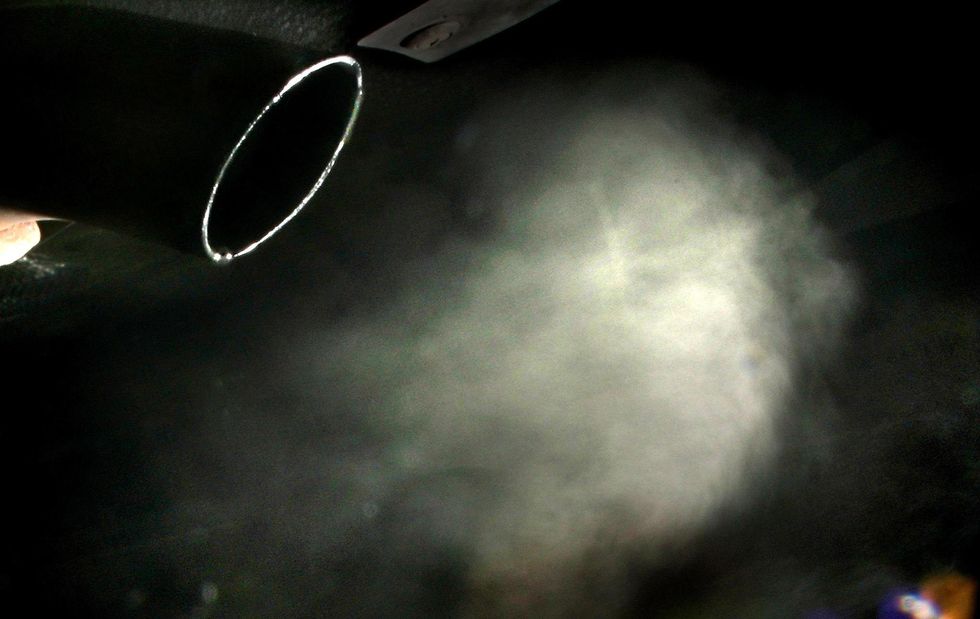
Experts have warned that children can be impacted the most by harmful car emissions
| PAFor older vehicles without automatic stop-start systems, drivers should manually switch off engines during extended waits. However, vehicles approaching a decade old may consume more fuel when restarting, requiring careful consideration of idling duration versus restart frequency.
Several UK cities have implemented Clean Air Zones to combat air pollution, with Bath and Birmingham among the first outside London to launch such schemes.
These zones form part of wider efforts to address air quality concerns that contribute to thousands of premature deaths annually.
The National Institute for Health and Care Excellence has also urged local authorities to establish "No Idling Zones" where enforcement officers actively monitor vehicles near schools and shopping areas.


